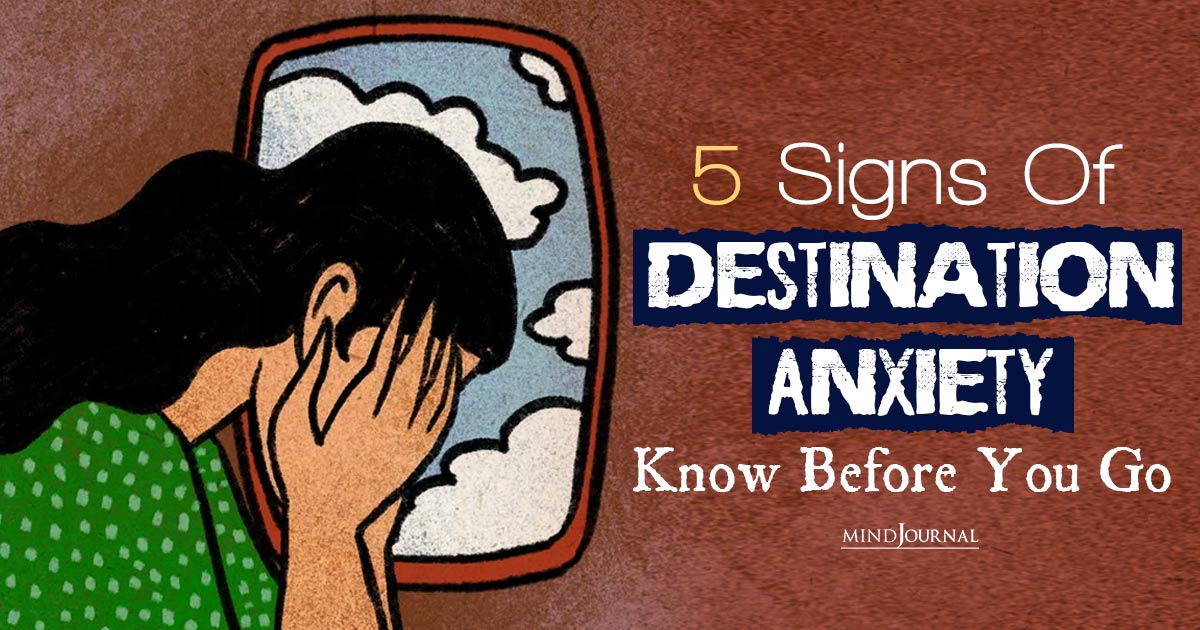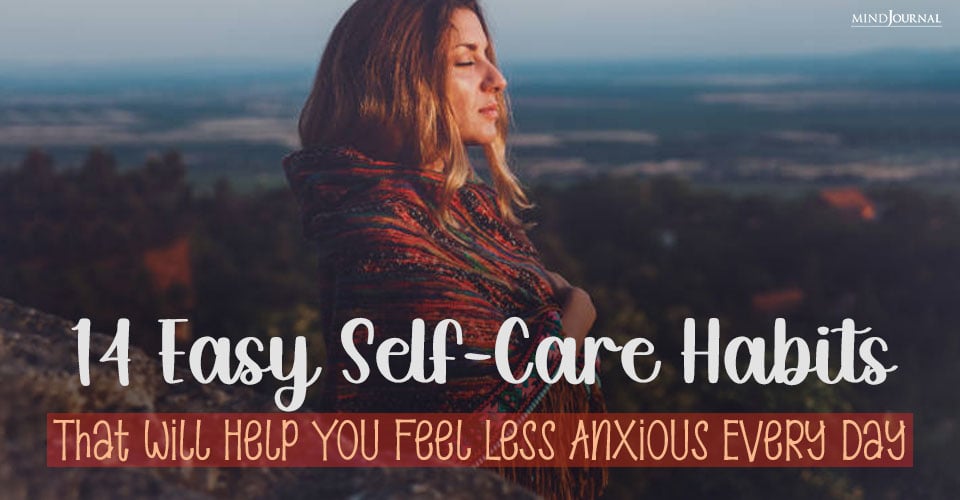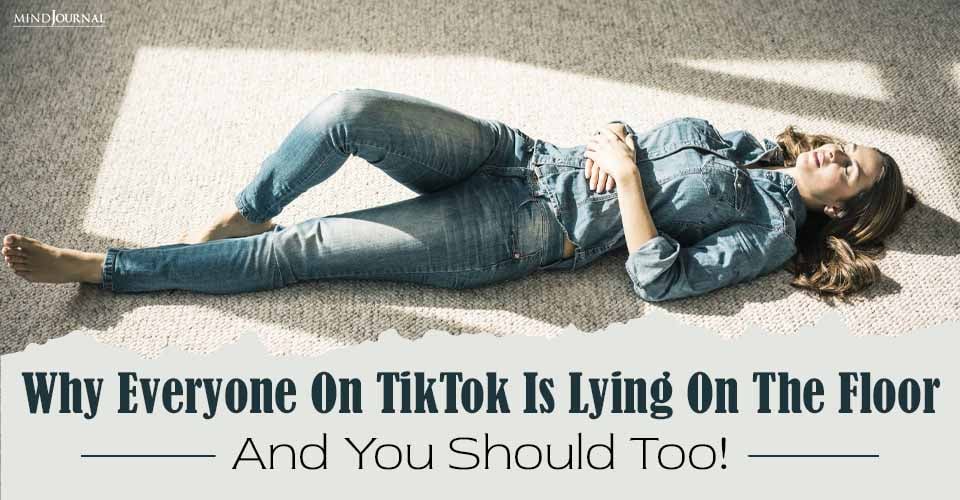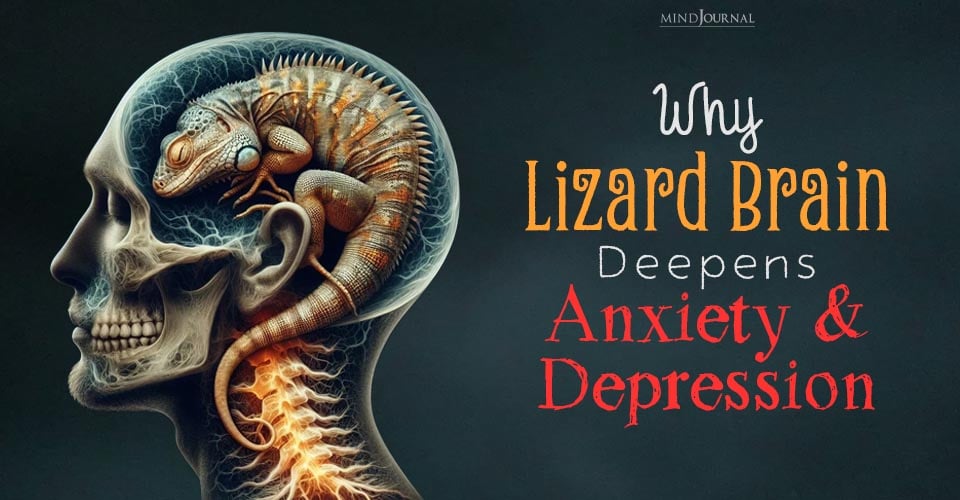Have you ever experienced that unsettling feeling before going on a trip? The mix of excitement and apprehension that seems to linger in the pit of your stomach? If so, you might have encountered destination anxiety. Let’s explore the signs of destination anxiety.
Whether you’re planning a dream vacation, a business trip, or even a simple weekend getaway, destination anxiety can cast a shadow over your travel experience. Let’s explore the signs, causes, types, and impact of destination anxiety, offering insights and tips to help you navigate this emotional journey with ease.
What is Destination Anxiety?
Destination anxiety refers to the emotional and psychological uneasiness individuals experience when traveling to a specific destination. It is a common phenomenon that can arise at any stage of the travel process, from the initial planning and anticipation to the actual journey itself.
This anxiety often stems from a fear of the unknown, a sense of being out of one’s comfort zone, and concerns about potential challenges or uncertainties associated with the destination.
Related: Anxiety From Traveling? 10 Hacks for Fearless Adventures

Signs of Destination Anxiety
Have you ever experienced destination anxiety? If you are not sure, here are some of the most common signs of destination anxiety –
1. Preoccupation and Overthinking
Individuals with destination anxiety tend to obsessively think about their upcoming trip, constantly worrying about various aspects such as transportation, accommodation, safety, and cultural differences.
2. Physical Symptoms
Destination anxiety can manifest in various physical symptoms, including headaches, stomach aches, nausea, sleep disturbances, and increased heart rate. These symptoms are often a result of the body’s stress response to the perceived threats associated with travel.
3. Fear of the Unknown
An overwhelming fear of the unfamiliar can trigger destination anxiety. Individuals may worry about language barriers, cultural differences, navigating new environments, or encountering unexpected situations.
4. Excessive Planning and Research
People with destination anxiety may engage in excessive planning and research in an attempt to gain a sense of control and reduce uncertainty. However, this can sometimes lead to information overload and heightened anxiety.
5. Reluctance to Leave Home
Some individuals may experience a strong attachment to their home environment, finding it difficult to leave their familiar surroundings. This can be a significant barrier to travel, causing feelings of anxiety and unease. This is one of the most subtle signs of destination anxiety.
Related: What Is ‘Menu Anxiety’? Here Is How Millennials And Gen Z Can Beat This Culinary Dilemma

Causes of Destination Anxiety
Feeling anxious before reaching a destination? Ever wondered why? Let’s delve into the causes of destination anxiety –
1. Fear of the Unknown
The fear of stepping into the unknown and encountering unfamiliar circumstances can trigger anxiety. Humans are creatures of habit, and venturing into new territories can disrupt the sense of security and familiarity we crave.
2. Previous Negative Experiences
Past negative travel experiences, such as getting lost, encountering language barriers, or facing cultural misunderstandings, can leave a lasting impact and contribute to destination anxiety in future trips.
3. Perceived Lack of Control
Feeling a lack of control over the travel process, including transportation, accommodation, and unexpected events, can generate anxiety. Uncertainty amplifies the fear of potential mishaps or unfavorable outcomes.
4. Cultural and Language Barriers
Cultural differences and language barriers can create a sense of isolation and apprehension. The fear of not being able to communicate effectively or navigate unfamiliar customs can heighten anxiety levels.
5. Safety Concerns
Worries about personal safety, especially in unfamiliar surroundings or high-crime areas, can significantly contribute to destination anxiety. Media reports and sensationalized stories can exacerbate these concerns, making individuals hesitant to explore new places.
Related: How To Control Obsessive Thoughts: 7 Tips To Embrace Mental Clarity And Find Serenity

Types of Destination Anxiety
Wondering about the different types of anxiety when reaching a destination? Let us take a look at the various forms of destination anxiety –
1. Travel Planning Anxiety
This type of anxiety occurs during the initial stages of travel planning. It includes concerns about finding the right destination, booking flights and accommodations, and making the necessary arrangements for a smooth journey.
2. Pre-Travel Anxiety
Pre-travel anxiety emerges closer to the departure date. It involves worries about packing, transportation logistics, and the fear of forgetting essential items or encountering travel delays.
3. On-The-Go Anxiety
On-the-go anxiety arises during the actual travel experience. It encompasses concerns about navigating unfamiliar environments, language barriers, getting lost, and adapting to new cultural norms.
4. Post-Travel Anxiety
Post-travel anxiety can occur after returning from a trip. It involves feelings of sadness or unease associated with readjusting to regular routines and responsibilities, as well as a longing for the travel experience to continue.
Impact of Destination Anxiety
Curious about how destination anxiety affects your well-being? Here’s a quick look at its impact on mental health –
1. Missed Opportunities
Destination anxiety can prevent individuals from exploring new places and embracing enriching experiences. It may lead to missed opportunities for personal growth, cultural immersion, and expanding one’s horizons.
2. Reduced Enjoyment
Anxiety can diminish the joy and excitement that travel can bring. Instead of savoring the moment, individuals with destination anxiety may find themselves preoccupied with worries and unable to fully immerse themselves in the experience.
Related: 9 Soothing Mantras For Anxiety That Will Calm You Down In No Time
3. Impaired Decision Making
Excessive anxiety can impair decision-making abilities, making it difficult to handle unexpected situations or adapt to changing circumstances during travel. This can contribute to a sense of helplessness and further exacerbate anxiety levels.
4. Strained Relationships
Destination anxiety can strain relationships, particularly when traveling with others. The stress and tension caused by anxiety can impact communication, compromise and enjoyment, potentially leading to conflicts and a less fulfilling travel experience.

Takeaway
Destination anxiety is a common emotional hurdle that many travelers face. Recognizing the signs of destination anxiety, understanding the underlying causes, and acknowledging the various types of destination anxiety can help individuals better navigate their travel experiences.
By employing coping strategies such as proper planning, seeking support from fellow travelers or professionals, and fostering a mindset of curiosity and adaptability, it is possible to overcome destination anxiety and embark on memorable journeys filled with joy, growth, and discovery.
Remember, travel is an opportunity for personal growth and exploration. So, embrace the excitement, acknowledge the anxiety, and venture forth into the world with an open heart and an adventurous spirit.
Happy travels!
Frequently Asked Questions (FAQs):
What is destination anxiety?
Destination anxiety refers to the stress or apprehension experienced when anticipating or planning for a trip or journey.
What is destination syndrome?
Destination syndrome is a psychological condition characterized by anxiety or discomfort associated with reaching a specific destination.
What is destination mentality?
Destination mentality describes the mindset or attitude individuals adopt when focusing solely on reaching their destination, often neglecting the journey itself.










Leave a Reply